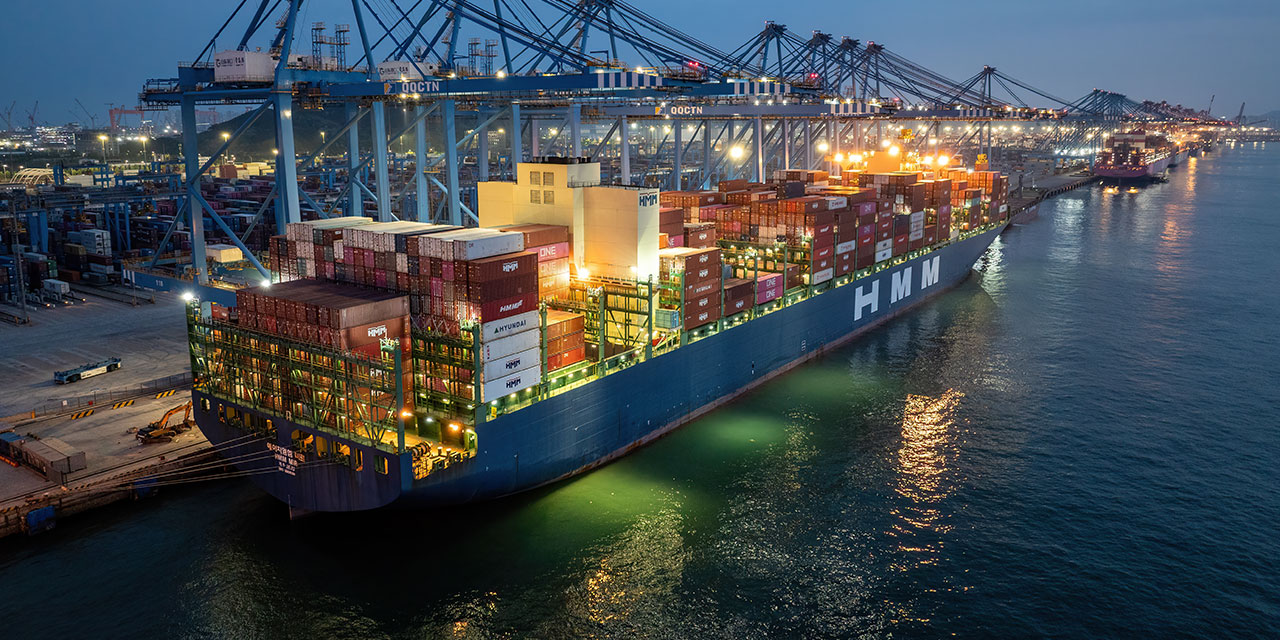
I’ve recently read two books that help clarify the competing sides in today’s growing intellectual debate over free trade, globalization, and neoliberalism. On one side is Trade Wars Are Class Wars (2020), by Matthew Klein and Michael Pettis—a detailed indictment of global imbalances and the role that trade, capital flows, and domestic inequality play in driving economic and geopolitical instability. On the other is a more recent title, The Triumph of Economic Freedom (2025), by Phil Gramm and Donald Boudreaux—a spirited defense of the free market and a rebuttal to the revisionism that has dominated post-2008 discourse.
Together, the two books represent opposite poles in the political economy debate. Klein and Pettis—an economics commentator at Barron’s and a finance professor at Peking University, respectively—argue that free markets ignore the domestic dislocation and geopolitical fallout of unfettered globalization. Gramm and Boudreaux—a former U.S. senator from Texas and an economics professor at George Mason University’s Mercatus Center—warn that the retreat from free markets threatens long-term economic dynamism and growth.
Finally, a reason to check your email.
Sign up for our free newsletter today.
My instincts lean toward Gramm and Boudreaux, but it’s clear that Klein and Pettis—like other critics of globalization—have the political and intellectual momentum on their side. That momentum reflects not just a shifting public mood but also the emergence of pressing challenges: the economic and geopolitical threat posed by China, and growing concerns about workers’ bargaining power in advanced economies. These are problems to which neoliberalism—at least in its current form—seems poorly equipped to respond.
The key question isn’t whether to abandon neoliberalism but how to reform and renew it. How can we preserve the enduring strengths of free markets, while adopting a more realist view of geopolitics and paying closer attention to the distributive consequences of economic openness? A “Neoliberalism 2.0” would remain grounded in the vision of Gramm and Boudreaux but also integrate the most compelling insights of Klein and Pettis—not out of necessity, but because the merits demand it.
Before we abandon neoliberalism, we should remember what it delivered over the past four decades: dramatic declines in global poverty; sustained gains in life expectancy, health, and education; rising living standards and consumption even among lower-income households; and a flourishing of innovation, entrepreneurship, and digital transformation. These achievements weren’t accidental. They followed a principled shift away from the stagnation and statism of the 1970s toward a model rooted in markets, competition, and global trade.
Much of our current prosperity still rests on that foundation. The burden of proof should fall on those who want to dismantle it—not on those seeking to improve it.
Still, the neoliberal model has revealed real blind spots. As Klein and Pettis rightly observe, global capital imbalances, underinvestment in domestic labor, and a permissive stance toward China’s state capitalism have created serious strains in many Western economies. Trade liberalization didn’t benefit everyone equally. Labor market disruptions weren’t always met with support or mobility. And the liberal consensus that shaped post–Cold War policy too often overlooked the social, cultural, and political consequences of market integration and large-scale immigration.
The populist backlash has resulted not only from economic dislocation but also from a broader sense that globalization has eroded national solidarity, unmoored markets from democratic accountability, and left economic policy detached from the needs of citizens. The recent influx of predominantly low-skilled immigrants into the United States, for instance, has raised legitimate concerns about the economic prospects of native-born workers.
The problem is that many of the remedies proposed by neoliberalism’s critics—industrial policy, protectionism, widespread subsidies, stringent capital controls, and other forms of economic nationalism—risk making things worse. Some may reduce inequality at the margins, but they’re also likely to dampen dynamism, lower productivity, and introduce new inefficiencies into already strained economies.
More fundamentally, these approaches assume that what the public wants is greater equality—when in fact, many disaffected voters, especially in communities left behind by globalization, are asking for something different: renewed economic vitality, local investment, and the dignity of meaningful work.
That’s why we need a synthesis of Gramm and Boudreaux’s defense of neoliberalism and Klein and Pettis’s critique. A Neoliberalism 2.0 would uphold the core benefits of markets and trade while rethinking how those benefits get distributed, how they align with national interests, and how they can be made politically sustainable.
This doesn’t mean dismantling the liberal model—it means refining it at the margins. Think of it as a 75/25 split: rooted in traditional neoliberalism, but with adjustments to reflect today’s economic and geopolitical realities.
What might those adjustments look like? First, an economically grounded immigration system—one that limits low-skilled temporary foreign workers, prioritizes integration, and aligns immigration policy with the national interest and public support.
Second, targeted controls on foreign capital. In overheated housing markets, modest restrictions on foreign capital inflows may be justified to preserve affordability and maintain confidence in homeownership.
We need more modest trade agreements. Rather than pursuing expansive, rules-based deals that constrain domestic sovereignty, future agreements should focus on liberalizing trade in goods and services while preserving flexibility for national policymaking—especially in areas like intellectual property, prudential regulation, and national security.
Finally, we need stronger trading ties among democracies. Instead of deepening integration with authoritarian economies, liberal democracies should strengthen economic partnerships with one another, grounded in shared rules and interests. That includes resisting entanglement with China’s authoritarian state capitalism, which poses both economic and strategic risks.
These aren’t radical departures. They’re strategic course corrections. The aim is to preserve the core of neoliberalism while making it more responsive to public concerns and more resilient in a contested global landscape. Above all, the goal is to prevent a damaging lurch toward economic nationalism.
Canada, my own country, offers an instructive example of economic nationalism. In the 1960s and 1970s, a wave of anti-Americanism and anxiety over foreign ownership led to the creation of state-owned enterprises, foreign ownership restrictions, and other interventionist policies. Championed largely by the Left, these measures were framed as assertions of sovereignty and independence. The result was predictable: distortions, inefficiencies, and economic stagnation. Economist Harry Johnson famously wrote that left-wing economic nationalism was “diverting Canada into a narrow and garbage-cluttered cul-de-sac.”
What’s more concerning about today’s economic nationalism is that it’s gaining traction not just on the left, but among conservatives. The rhetoric has shifted—it’s now framed in terms of resilience and fairness rather than ideology—but the substance is often the same: subsidies, capital controls, protectionism, and state intervention wrapped in patriotic language.
This new nationalism threatens to erode the market liberalism that has served both the U.S. and Canada well in recent decades and to harm the very people its advocates claim to represent. More broadly, its growing appeal on the right risks fracturing the last major political constituency still willing to defend open markets and economic freedom.
That’s why Neoliberalism 2.0 isn’t just an economic project—it’s a political imperative. If defenders of economic freedom fail to modernize the model, ignore valid critiques, or cling to outdated assumptions, they’ll lose the argument by default. What remains will be two rival versions of post-liberalism—both promising protection, both distrustful of markets, and both bound to disappoint.
Neoliberalism 2.0 isn’t a retreat from the world. It’s a renewal of the liberal order—an effort to reconnect economic freedom with democratic consent, markets with citizenship, and growth with the experience of those whom it’s meant to serve.
Photo by VCG/VCG via Getty Images
Source link
















